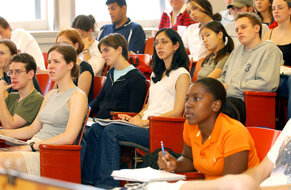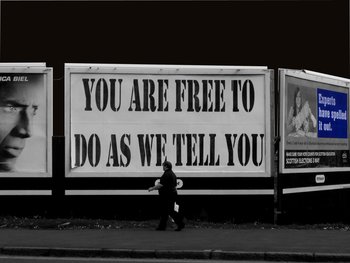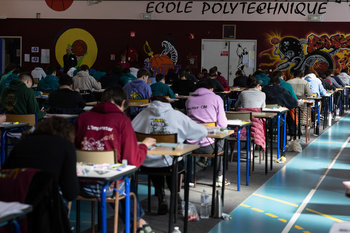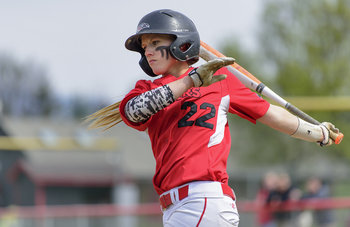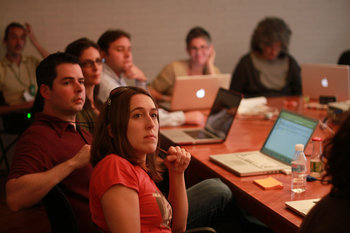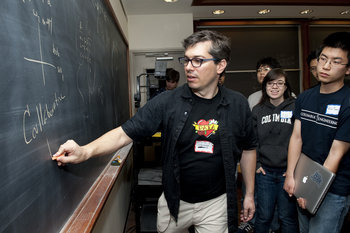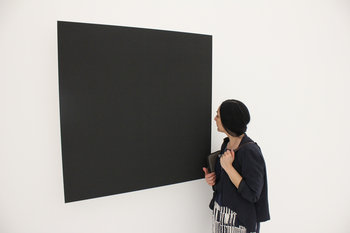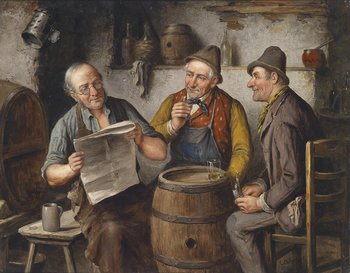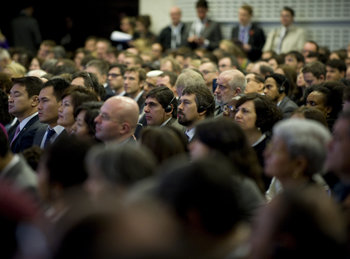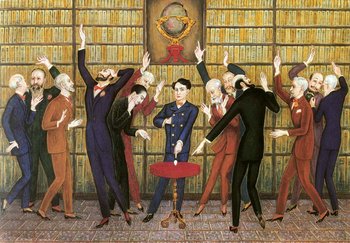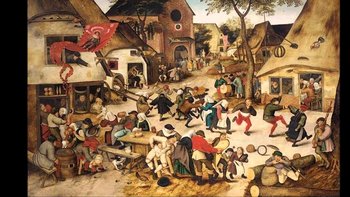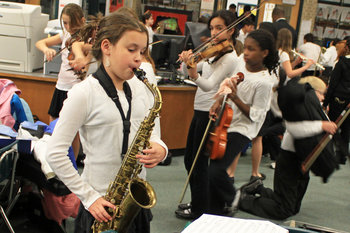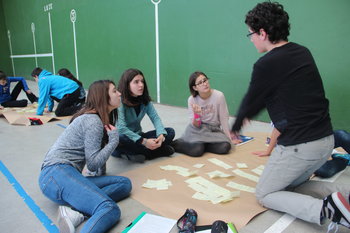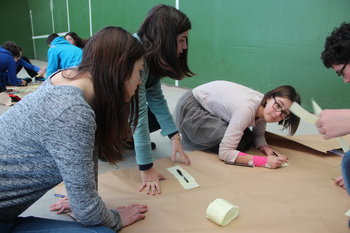
Politeness
People naturally seek a more polite word if they perceive that a particular term may have negative connotations that could offend someone.Accuracy
It is a reasonable to seek words that most accurately reflect what you want to say. If a term is attached to meanings you don't intend, it is common to seek or invent new terms. Languages emerge and evolve and constantly change to reflect new ideas.Academic
Political correctness often stems from academic theories that claim that a term in common usage is negative, wrong or unjust. In some cases, a term becomes widely used in academic circles but is rejected by the community to which it refers. For example, the term "differently abled" has been rejected by certain groups representing persons with disabilities as being mocking or downplaying the challenges that people face.Conformity
A common tendency to seek the "correct" term for things for fear of being criticized. In some cases, politically correct terms are glittering generalities that are designed to be broad, non-specific and emotional such that are difficult to criticize.Political
Attempts to engineer the language to defeat political opposition. This can include labeling the opposition's vocabulary as invalid. It also involves inventing and promoting new terms that sell your ideas and suggesting that these terms are the only "correct" words that can be used in a particular context.Humor
In some cases, political correctness is adopted with dogmatic zeal that provides no flexibility for humor, art, culture, entertainment, self expression, historical context or debate.Freedom of Speech
Political correctness can become institutionalized to the extent that it restricts freedom of speech in a significant way.Notes
Political correctness may extend beyond language to actions, processes, policies and visual symbols.| Overview: Political Correctness | ||
Type | ||
Definition (1) | The practice of defining terms that can and cannot be used to describe something. | |
Definition (2) | The social and academic process of defining acceptable vocabulary and behavior. | |
Related Concepts | ||

